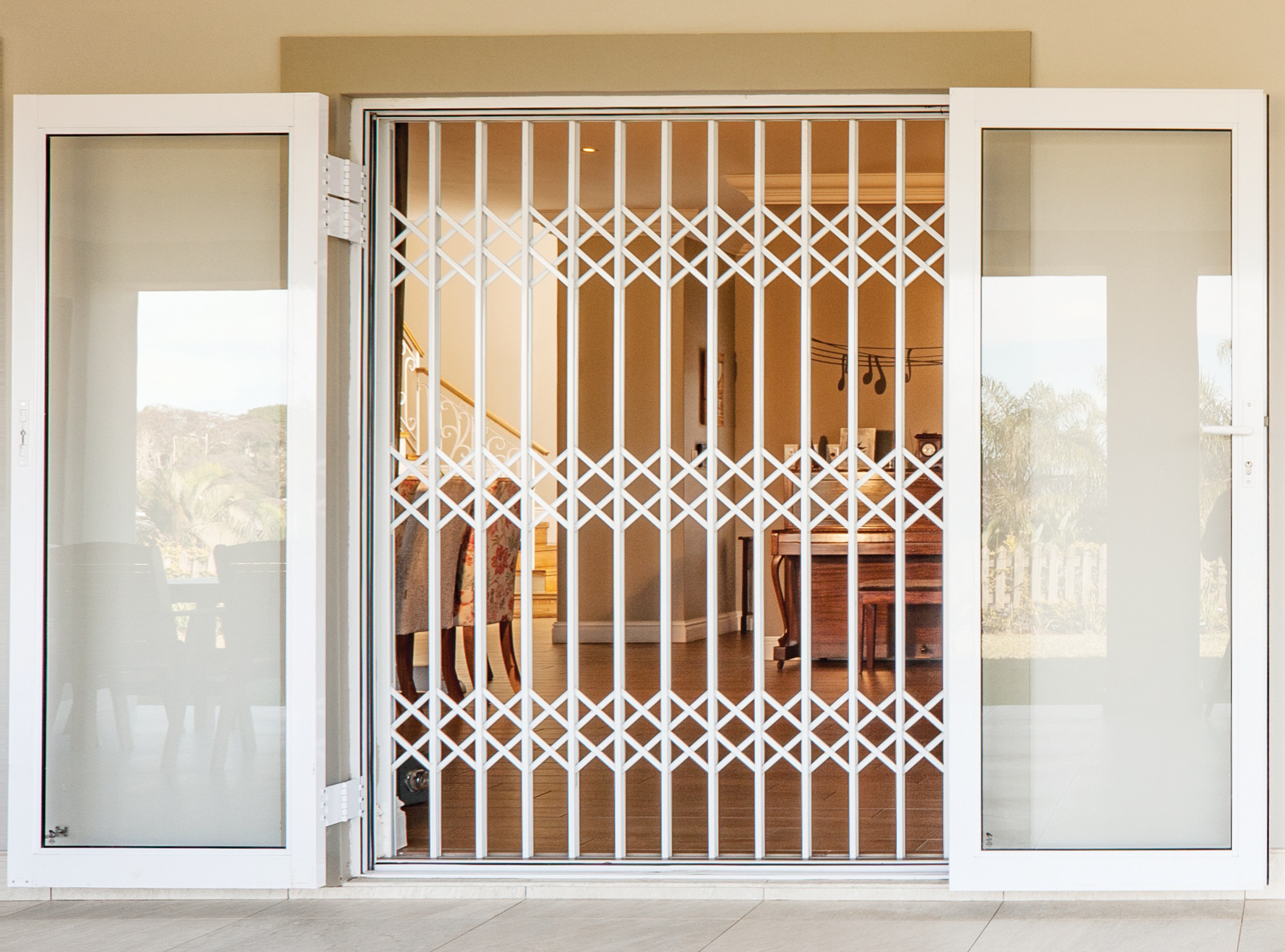Business
Security Gates in South Africa 2025: The Safety Warning for Homeowners

A false sense of security
In South Africa, securing your home is as much a necessity as paying the bills. From steel gates to reinforced bars, homeowners invest heavily in visible barriers that promise peace of mind. Yet new warnings from Trellidor reveal that not all security products live up to their name. Many families may be sleeping behind gates that simply are not strong enough to withstand a determined intruder.
The problem lies in the fact that South Africa has no minimum safety or strength standards for burglar bars, gates, or locks. While homeowners assume these barriers have been tested and approved, in reality, there is no national requirement to prove their durability.
Why the regulatory gap matters
Trellidor’s sales and marketing executive, Damian Judge, has raised the alarm, pointing out that homeowners face a dangerous illusion of safety. Other home features, such as balustrades, must undergo testing, yet the very barriers meant to keep criminals out are not regulated.
The timing of the warning is critical. Crime statistics show that 1.5 million households reported break-ins during 2024/25, underscoring how vulnerable families are. Without proper oversight, weaker products continue to enter the market, leaving people exposed despite their financial investment in security.
Electric fences: a different story
The contrast becomes clear when you look at electric fences. The South African Bureau of Standards (SABS) updated its electric fence rules in June 2023, with new requirements for installation, signage, material quality, and ongoing maintenance.
For homeowners, this means monthly and quarterly inspections are required, warning signs must be placed over every gate and corner, and materials such as wires and insulators must meet higher durability standards. Even grounding and cabling methods are regulated to avoid hazards.
Although enforcement is not yet perfect, the framework exists. By comparison, burglar bars and gates have been left without any compulsory checks, despite being a first line of defence for most homes.
What this means for homeowners in 2025
The warning is a wake-up call. A gate or lock may look tough, but without proven testing, it could collapse under force. For homeowners, the lesson is to look beyond appearances.
Practical steps include buying from trusted brands, asking for evidence of independent strength tests, and working with certified installers. While national standards are still missing, consumers can protect themselves by demanding transparency and prioritising quality over price.
The call for stronger protection
Trellidor has urged regulators to establish minimum standards urgently, stressing that lives are on the line. South Africans already spend thousands on home security, and they deserve products that can genuinely withstand crime.
Until such standards are in place, the responsibility remains with homeowners to ask hard questions about the barriers they install. In 2025, the question is no longer whether you have a security gate, but whether that gate is truly strong enough to protect you when it matters most.
Also read: SARS Tightens VAT Rules: What South African Businesses Must Do in 2025
Follow Joburg ETC on Facebook, Twitter, TikT
For more News in Johannesburg, visit joburgetc.com
Source: MyBroadband
Featured Image: Specifile















